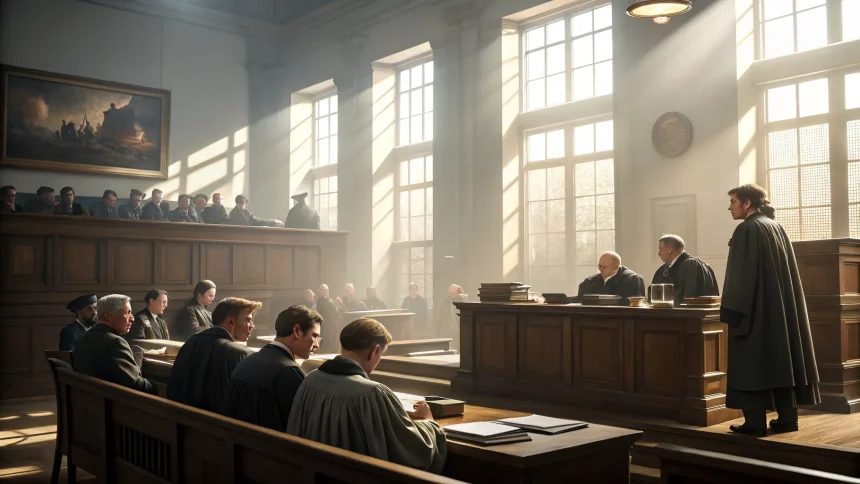Anthropic, the company behind the AI chatbot Claude, has reached a settlement in a lawsuit that accused it of improperly downloading millions of books for AI training purposes. The agreement allows the company to avoid what could have been a precedential trial in the emerging field of AI copyright law.
The lawsuit centered on allegations that Anthropic had accessed and used copyrighted literary works without proper authorization to train its large language model, Claude. Details of the settlement terms have not been publicly disclosed, leaving questions about potential licensing agreements or financial compensation.
Copyright Challenges in AI Development
This case highlights the growing tension between content creators and AI companies over the use of copyrighted materials for machine learning. Authors and publishers have increasingly voiced concerns about AI systems being trained on their works without permission or compensation.
The publishing industry has been particularly vocal about protecting intellectual property rights as AI companies scramble to obtain diverse text data to improve their models. Several major authors and publishing houses have filed similar lawsuits against other AI developers in recent months.
Legal experts note that this settlement, while resolving Anthropic’s specific case, does not establish legal precedent that could guide future disputes in this area. The courts have yet to make definitive rulings on whether using copyrighted materials for AI training constitutes fair use.
Anthropic’s Position in the AI Market
Anthropic, founded by former OpenAI researchers, has positioned Claude as a more thoughtful and safer alternative to other AI assistants. The company has secured billions in funding from major investors including Google and Amazon.
The settlement comes at a critical time for Anthropic as it competes with other AI companies for market share. Claude has gained popularity for its longer context window and what some users describe as more nuanced responses compared to competitors.
Industry analysts suggest that avoiding a lengthy trial allows Anthropic to focus on product development rather than legal battles. The company recently released Claude 3, its most advanced model family, which has received positive reviews for its capabilities.
Broader Implications for AI Industry
This settlement may influence how other AI companies approach content acquisition for training purposes. Some organizations are now proactively seeking licensing agreements with publishers and content creators to avoid similar legal challenges.
The dispute reflects broader questions about how creative works should be valued in the AI era:
- How should creators be compensated when their works contribute to AI development?
- What constitutes fair use when machines rather than humans are “reading” content?
- How can AI companies properly attribute or license the massive datasets needed for training?
As AI systems become more sophisticated and widespread, these questions will likely require both legal and industry-led solutions. Some experts advocate for new licensing frameworks specifically designed for AI training data.
While Anthropic has resolved this particular case, the AI industry as a whole continues to navigate uncertain legal territory regarding copyright and intellectual property. The outcome of other pending lawsuits may eventually establish clearer guidelines for how AI companies can legally acquire and use training data.









